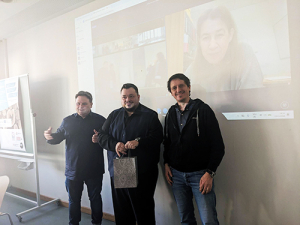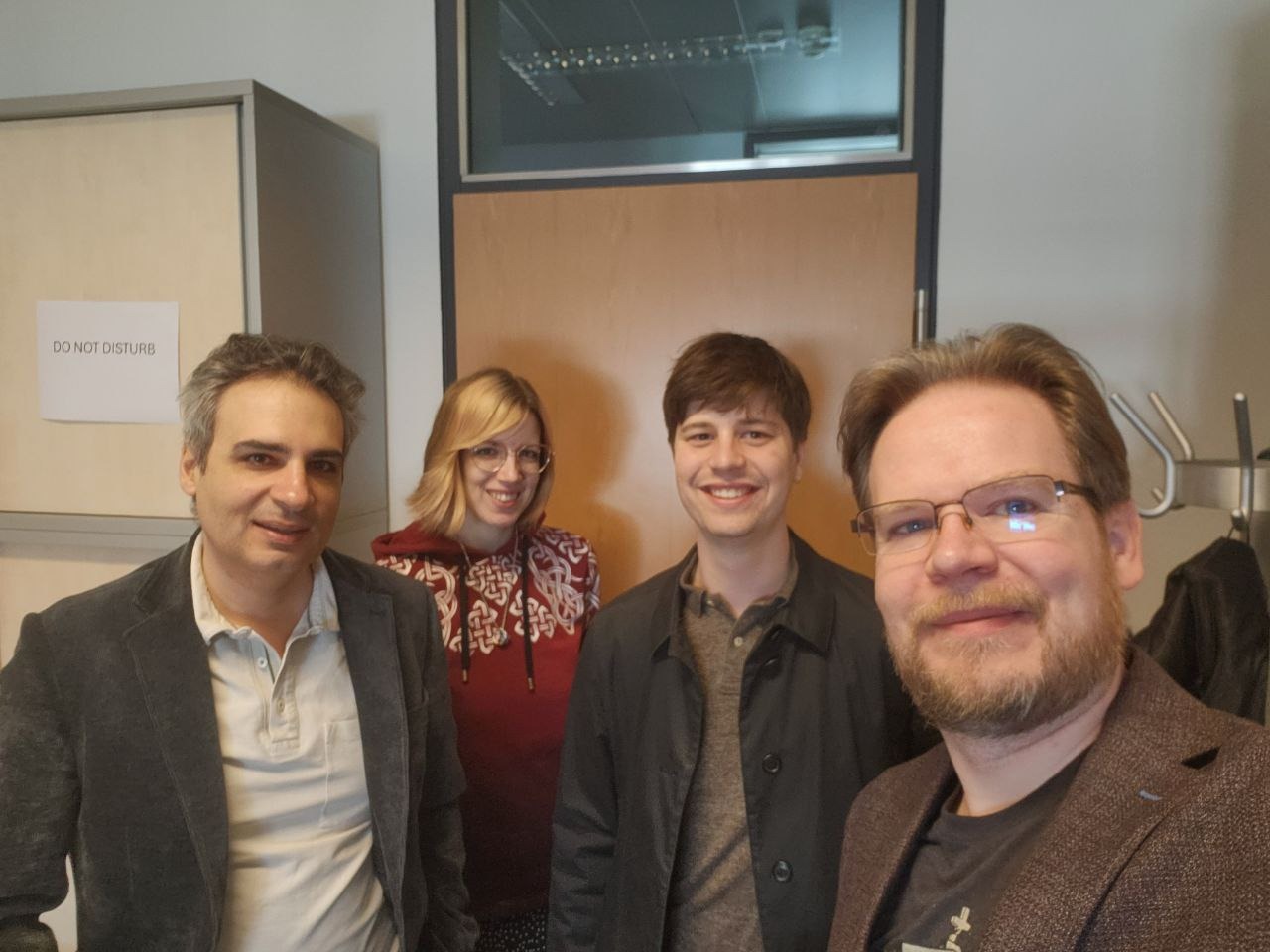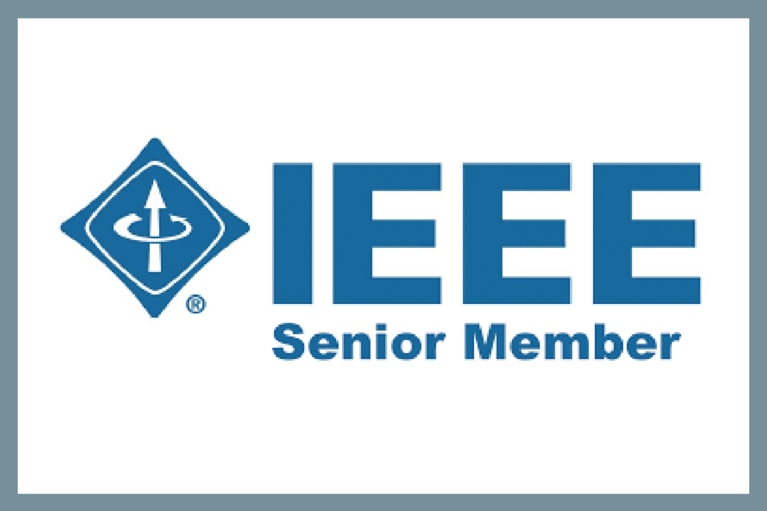Title: Dynamic Participatory Game Design with Local AI: From Interviews to Trauma-Aware Interactive Narratives
Authors: Kseniia Harshina, Tom Tucek, Mathias Lux
Location: TextStory 2026 – Delft, The Netherlands, March 2026
Abstract: We present a work-in-progress, trauma-aware participatory storytelling pipeline that uses a locally hosted large language model (LLM) as a neutral chatbot interviewer. The system supports self-paced narration without cloud processing, prioritizing privacy, data sovereignty, and participant control. Interview transcripts are transformed into a structured scene representation (extracted fields and dialogue prompts), which is then replayed through a lightweight prototype interface as an initial step toward interactive memory-based experiences. We report a small formative expert evaluation (n=2) focusing on perceived comfort, emotional safety, and usability. Participants described the interviewer as low-pressure and reflective, while highlighting limitations such as weak acknowledgement of long answers and occasional “forced turns.” We discuss design implications for narrative extraction, turn-taking, and staged evaluation in sensitive contexts, and outline next steps for community-informed studies with participants who have lived experience of displacement.










